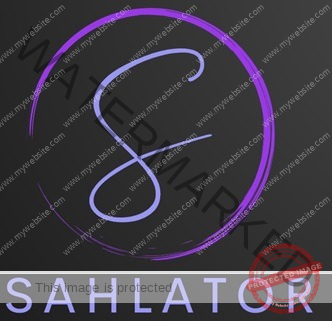Car Lease VS Buy
Results
Total Buy Cost (Including VAT): $0.00
Monthly Loan Payment: $0.00
Depreciation Cost: $0.00
Total Buy Cost with Depreciation: $0.00
Total Lease Cost (Including VAT): $0.00
Monthly Lease Payment: $0.00
Amortization Schedules
Cost Comparison (Buying vs Leasing)
It’s great that you’re thinking about your options before making a decision. Both buying and leasing a car have their pros and cons, so it depends on your personal preferences, needs, and finances. Here’s a breakdown to help guide you:
Buying a Car:
Pros:
- Ownership: Once you’ve paid off the car, it’s yours. You can keep it as long as you want and drive it without worrying about mileage limits or wear-and-tear charges.
- Long-term Savings: If you plan to keep the car for many years, buying can be more economical in the long run. You’ll only pay for maintenance, insurance, and gas after the loan is paid off.
- No Mileage Limits: Unlike leasing, there are no restrictions on how much you can drive, which can be important if you travel a lot or have a long commute.
- Customization: You can modify the car to your liking if you own it.
Cons:
- Higher Monthly Payments: Loan payments tend to be higher than lease payments, since you’re paying off the full cost of the car.
- Depreciation: The car will lose value over time, and you might not get back as much when you sell it or trade it in.
- Maintenance Costs: As your car gets older, maintenance and repair costs can add up, especially after the warranty expires.
Leasing a Car:
Pros:
- Lower Monthly Payments: Lease payments are usually lower than loan payments, which can free up extra cash each month.
- New Car Every Few Years: Leasing typically lasts 2-3 years, allowing you to drive a new car with the latest features and technology regularly.
- Lower Repair Costs: Leases often come with warranties, so major repair costs are usually covered.
- Flexibility: If you like driving new cars often or don’t want to commit to owning a vehicle long-term, leasing gives you the option to change cars frequently.
Cons:
- No Ownership: At the end of the lease, you don’t own the car—you’ve essentially been renting it.
- Mileage Limits: Most leases come with annual mileage limits, and you could face extra fees if you go over.
- Customizations: You can’t really customize a leased car, as it has to be returned in its original condition.
- Long-term Costs: If you continually lease cars, you may end up spending more over time than if you had bought and kept the car for a longer period.
Key Questions to Consider:
- How long do you plan to keep the car? If you want a car for a long time and plan to keep it well beyond the loan payoff, buying is probably better. If you like having a new car every few years, leasing could be more appealing.
- How much do you drive? If you put a lot of miles on your car, buying might be the better option, as leasing often has mileage limits.
- How much can you afford monthly? If a lower monthly payment is your priority, leasing is often the more budget-friendly choice upfront.
- Do you want to customize your car? Buying gives you more freedom for customization, while leasing has restrictions.
Is there a specific type of car you’re thinking about? That might also help in figuring out which option suits you better!
